Mythology
-
Gaea: The Primordial Goddess of the Earth Gaea, known as Gaia, served as the embodiment of Earth in Greek mythology. Recognized as one of the primordial deities, she emerged at the very beginning of creation. Revered as the universal mother, Gaea was the progenitor of numerous divine beings. Her unions with various gods led to…
-
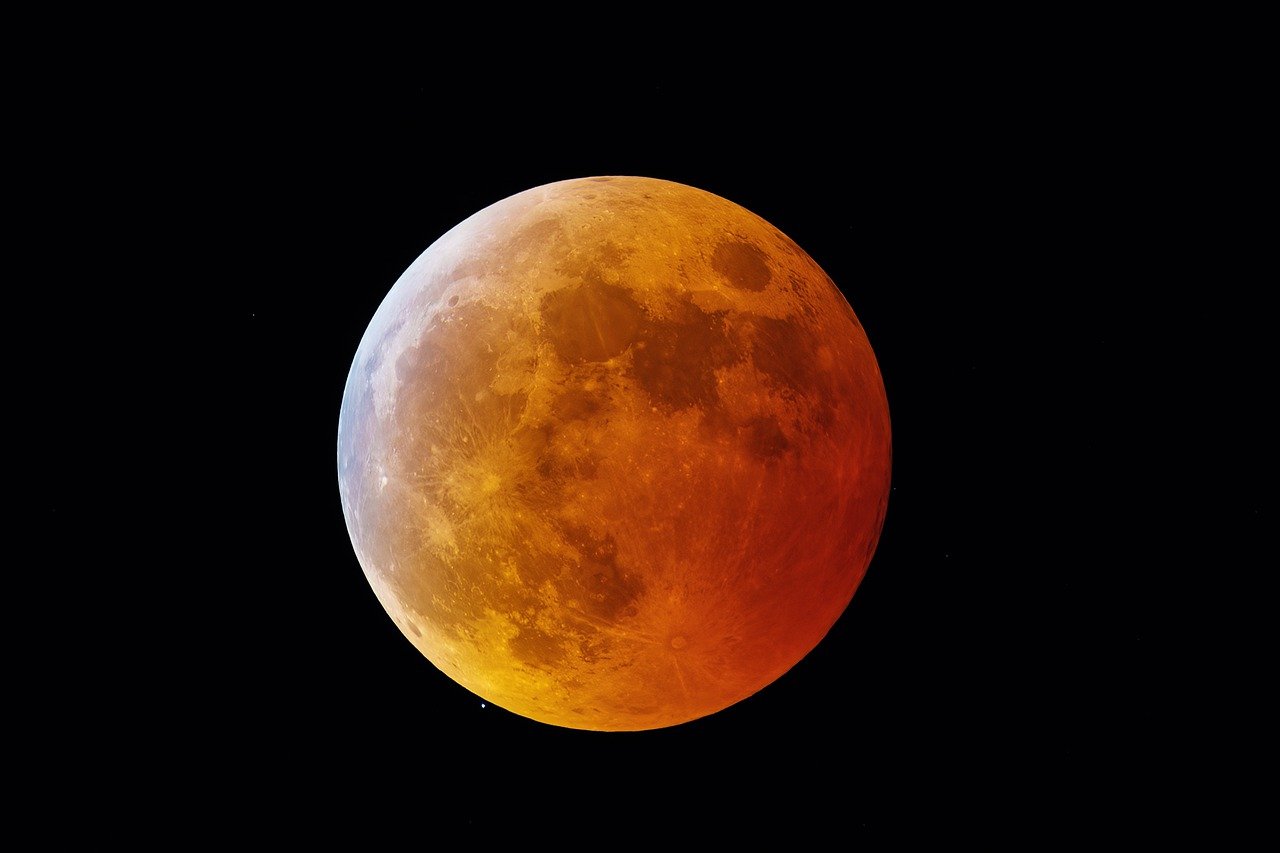
Uranus, known as Ouranos in Greek mythology, represents the sky and heavens. His Roman equivalent is Caelus. Created by Gaia (the Earth), Uranus served as her complement, leading to the procreation of the twelve Titans, the three Cyclopes, and the three Hecatoncheires. However, Uranus harbored a deep disdain for his offspring, imprisoning them beneath the…
-
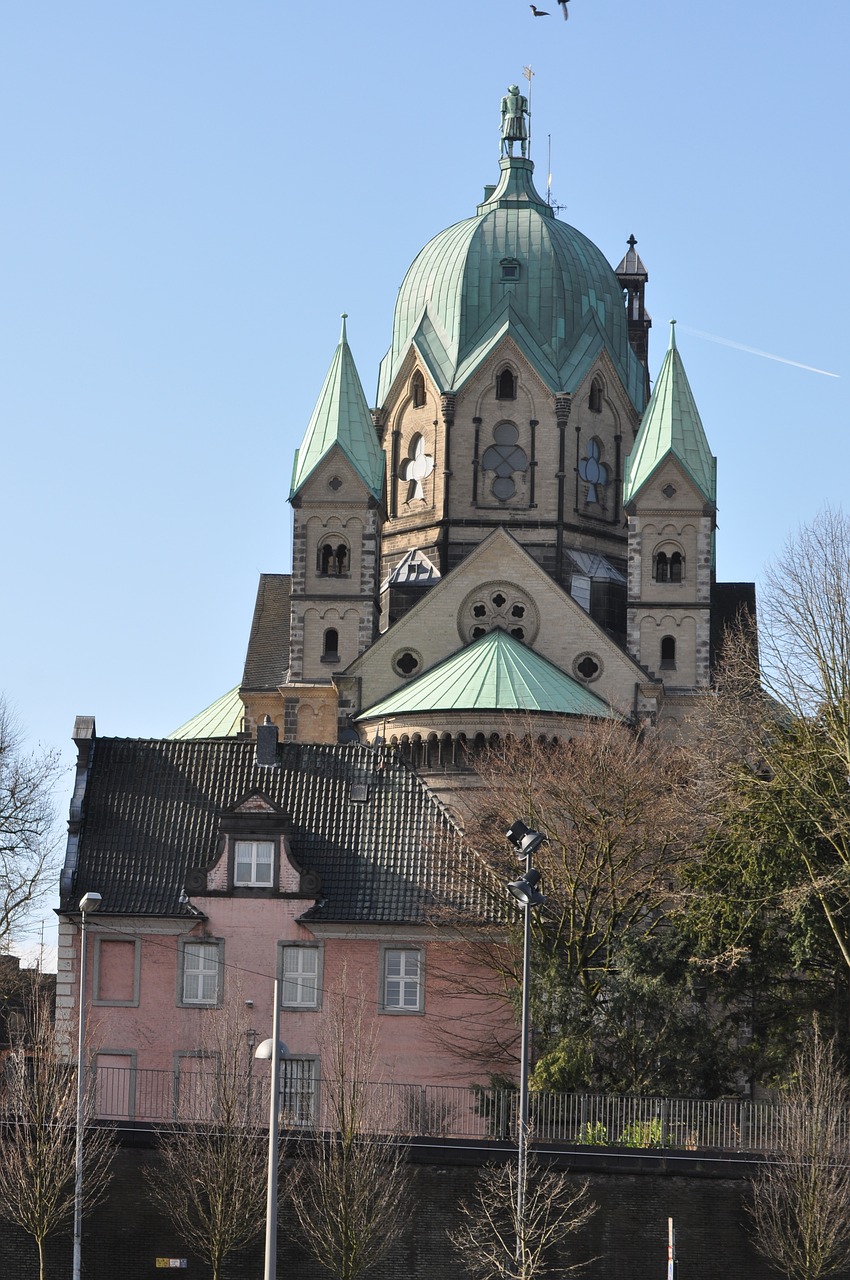
Quirinus is an enigmatic deity from ancient Roman traditions, often celebrated alongside Jupiter and Mars. His association with Quirinal Hill connects him to the protection of the Roman populace and even ties him back to the legendary founding figure of Rome. The Roots of Quirinus The name Quirinus is closely tied to Quirinal Hill, a…
-
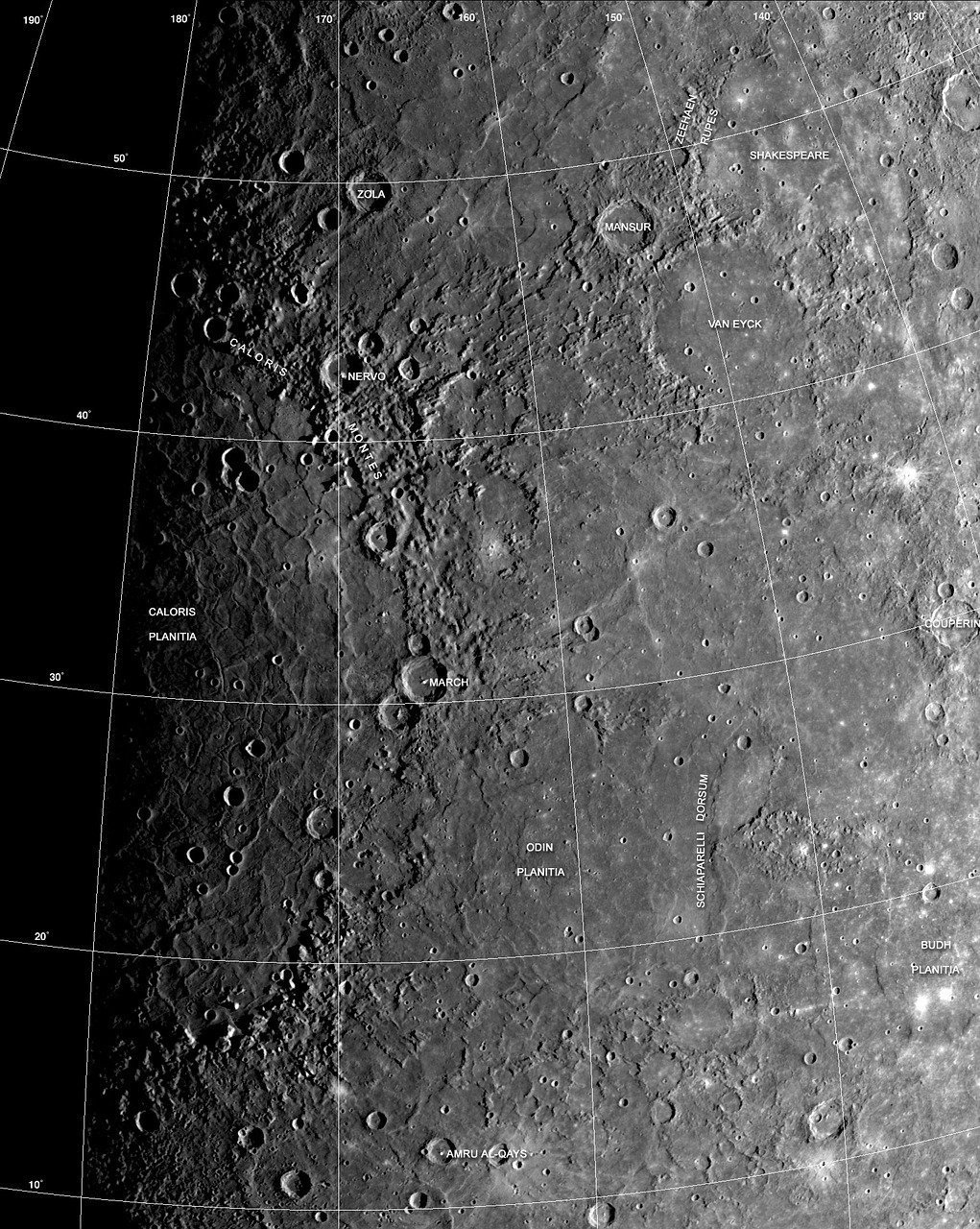
Mercury, known as Mercurius in Roman mythology, holds the title of the deity governing commerce. He serves a vital role as an intermediary between gods and humans, recognized for his remarkable speed due to his winged sandals, which also symbolize the flow of goods, messages, and people. Mercury is venerated by merchants, particularly those involved…
-
Anhur: The Egyptian God of War Uncover the fascinating myths and historical significance of Anhur, the revered ancient Egyptian god of war and protector of soldiers. Known also by the name Onuris, Anhur was often depicted as a human figure adorned with a remarkable headdress made of four tall ostrich feathers. This imagery resonates with…
-
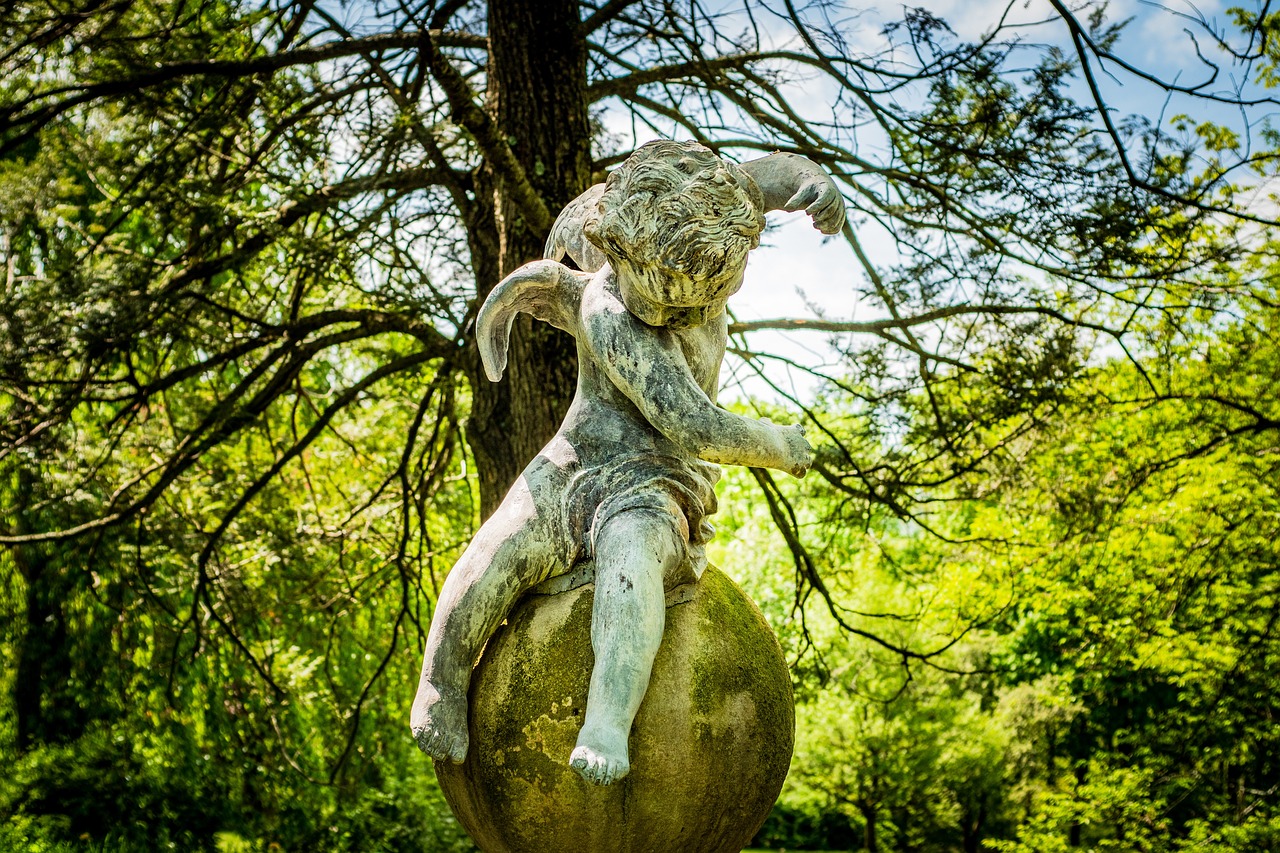
Cupid, the mythical deity of romantic passion, possesses two distinct types of arrows: one with sharp, golden tips, stirring intense desire, and another with blunt, leaden tips, evoking repulsion. In ancient Roman culture, sexual attraction was an accepted aspect of life, though it was seen as perilous if it overwhelmed one’s judgment. Cupid represents this…
-
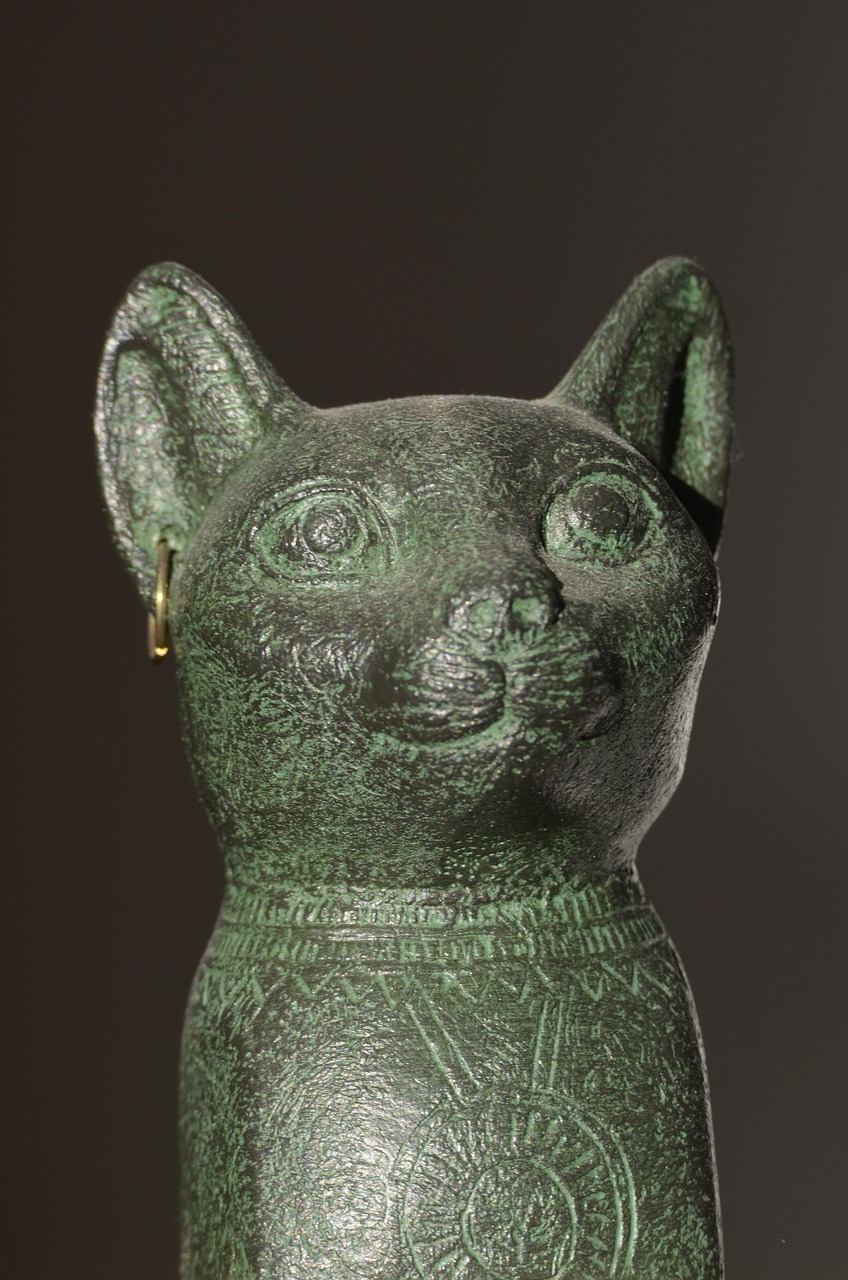
The enchanting and occasionally exotic nature of ancient Egyptian religion is epitomized by the goddess Bastet, who is prominently featured in numerous museums and exhibitions. Often portrayed as a seated cat adorned with various divine symbols such as a scarab on her head, Bastet embodies an ancient world filled with enigmatic beliefs, depicted in a…
-
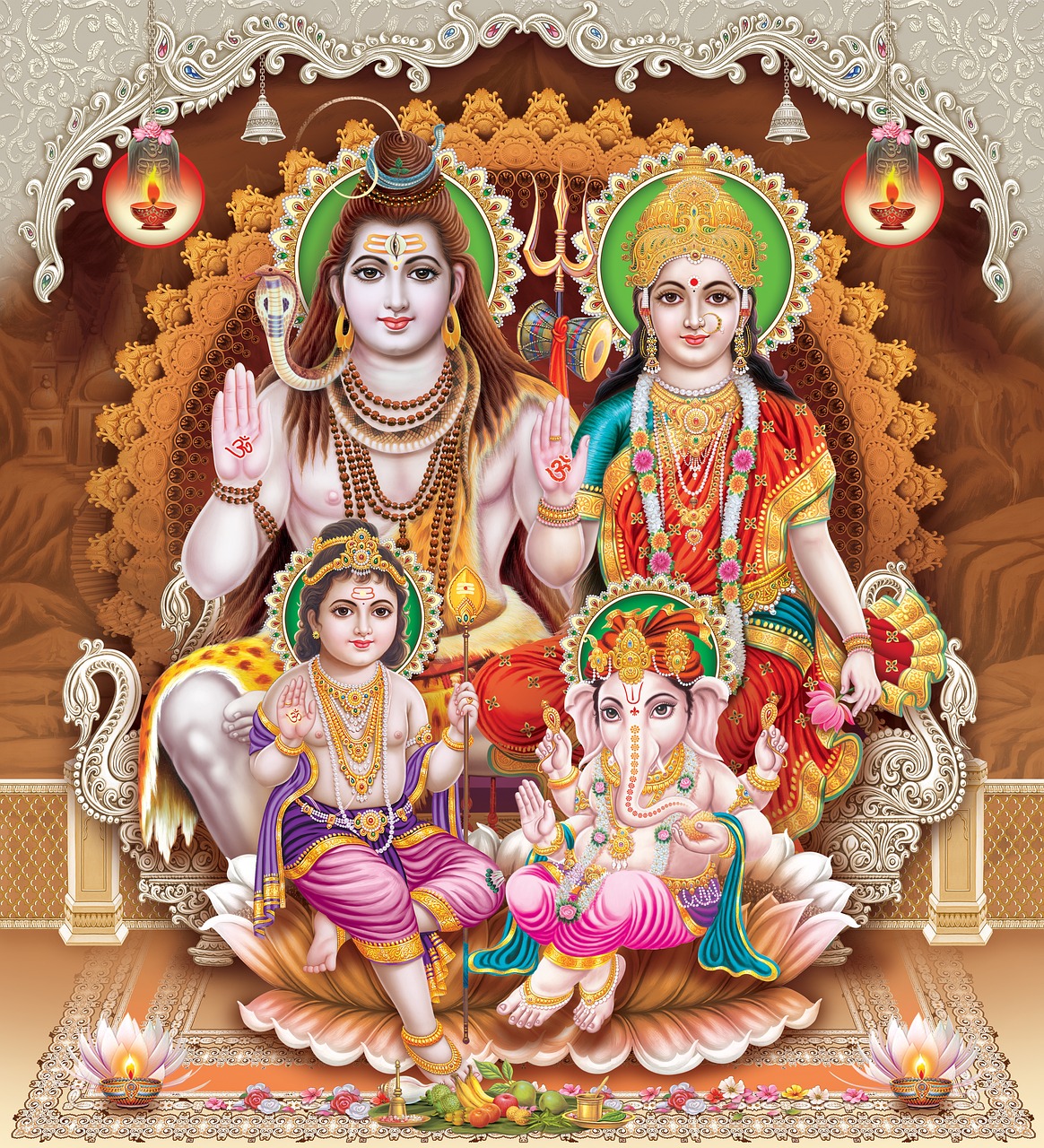
Greek mythology represents a collection of narratives about deities, heroes, and ancient rituals. Dating back to Classical antiquity, these tales, while often containing fictive elements, were generally received as truth by the common people. Philosophers like Plato, active in the 5th century BCE, acknowledged their fictional aspects, yet the myths retained profound significance in Greek…
-
Among the many enchanting figures in Irish folklore, the Morrigan stands out as one of the most recognized. The Morrigan embodies significant elements of Irish mythology, closely tied to themes of war, fate, and death. This intriguing figure is a talented shape-shifter, frequently taking the form of a crow. She belongs to the Tuatha Dé…
-
Gaea (Gaia): The Primordial Goddess of Earth Gaea, also known as Gaia, was the embodiment of the Earth and held a revered position as a primordial deity in Greek mythology. According to ancient tales, she emerged at the beginning of time, representing the very foundation of creation and nurturing all life forms. As the Great…


